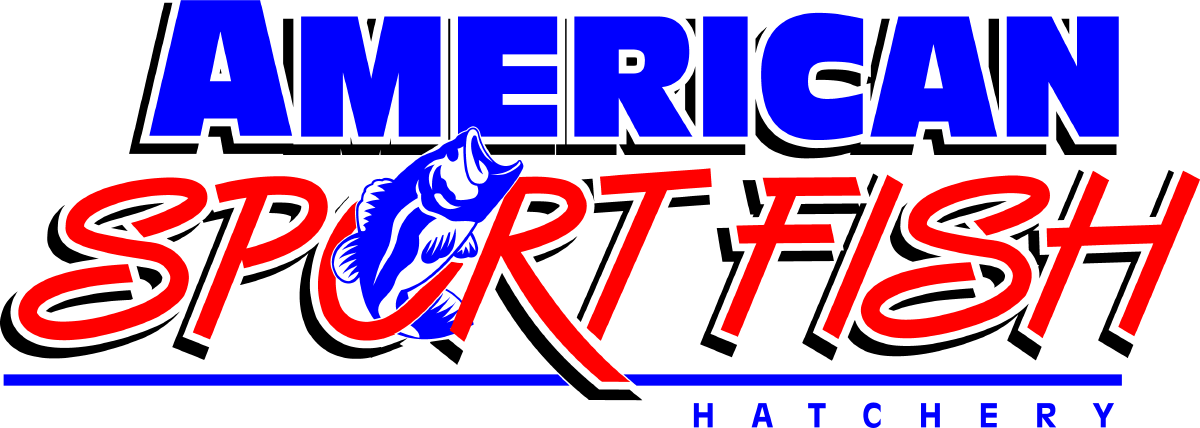Tips on Pond Management
Find out these tips on pond management from the Pond Boss, Bob Lusk. Learn the most efficient way to raise Largemouth Bass and how to feed them.
Welcome! Here we are at beautiful Richmond Mill Lake outside of Laurel Hill, North Carolina. Behind me sits this beautiful 125 acre lake, home to the Kingfisher Society, an upstart young business where people can bring clients out to entertain and have some outstanding world class Bass fishing.
Now the water, here, is not as good as we want it to be, so we’ve got some exciting things to show you about some things you can do for Largemouth Bass. Now let me tell you, the history of pond management dates back into the 20s, 30s and 40s.
Dr. H.S. Swingle is our guru, from Auburn University in Alabama. He’s the one who did all the preliminary research, that we use, as biologists, to this day. We’ve got Bass Bluegill research, we’ve got other research done by Dr. Richard Anderson from Missouri in the 60s and 70s, and that is all the standards that we use to manage a Bass Bluegill fishery.
You know, we live in a fast food world nowadays, and back then that research was done to sustain fisheries to eat. Well, nowadays nobody eats a Bass, as a matter of fact, I had an intern working for me one time with that fast food kind of thinking that we all seem to have nowadays. We want something, we want it now.
It seems as though one of the most common things that happens with lakes that I analyze, they’re crowded with Bass. People just refuse to take Largemouth Bass out of the lake, so at some point they tend to overeat the food chain.
Well, we analyzed a lake one time, it was this intern’s first time out, and he’s been a Bass fisherman his entire life. Well, when we finished we figured out that the lake was overcrowded with the Bass. So the recommendation I made to that landowner was, take some Bass out, harvest them, make them into ceviche, something, eat them, put them in somebody else’s lake. The point is you got to get them out.
Well, the intern sat kind of quiet, I didn’t realize he was stunned at the time. When we got in the truck, got ready to leave, he looked at me and says, you know I’ve been raised on catch and release, if I catch a fish I got to turn it loose. He says, golly, I’ve been taught that eating a Bass is like eating the family dog. Well, he struck me at that moment that you know what that’s the way society looks at things. We treat Bass like treasures.
Well, with these fast food trends come some fisheries trends that also fit into that category. Feed trained Largemouth Bass are now a trend that’s moving across the entire nation. Now a feed trained Largemouth Bass is a little Bass that’s conditioned to eat fish food when it’s a little bitty fellow. Then you feed them like Pavlov’s dogs over and over until they become conditioned to pelleted fish food. And as time goes they get bigger, their food requirements change, a big Bass needs big Bass food.
Well, enter Dr. Mark Griffin with Purina Mills. I have to tell you Purina Mills has been really innovative when it comes to fish nutrition. Dr. Griffin saw a need. He understands that some of the largest Bass on the planet are grown with the rainbow trout, about ten or twelve inches long. Good nutrition.
So he went to the seafood market one day in St. Louis, where he lives, collected a twelve inch rainbow trout, took it back to the lab, dehydrated it, analyzed it, came up with what the trout was made out of, then he went back to the lab with that and duplicated the nutrition that you find in a rainbow trout using natural ingredients. He created a food called AquaMax Largemouth.
You know these nuggets right here, AquaMax Largemouth designed specifically for Largemouth Bass, they make a Bass go crazy. See the way these fish are feeding over my shoulders? That feeder is spitting out hundreds of these nuggets. It doesn’t take quite as much energy for a Largemouth Bass to eat one of these as it does to chase down even one Bluegill, that’s got a tenth of the nutrition that these pellets have.
Feeders dispense this. Fish are conditioned to it. They come to it. These little nuggets, these little morsels, are what makes your Bass grow bigger, larger, faster. Now what does that mean to you? Well, hatcheries around the nation now have gotten to the point where they’re beginning to supply more feed trained Largemouth Bass.
If you’ve got a pond with Bass in it, you know it’s kind of difficult to make those Bass grow to be large. It’s part of the reason that the limiting factor, food almost every single time. With feed trained Largemouth Bass, we take the food out of the equation because you supply all they want. They grow bigger, they grow faster, and you can have four or five times as many fish per unit of water than if you had just a natural food chain growing in there.
It’s great for small ponds. If you’ve got a half acre pond, a two acre pond, a five acre pond, consider feed trained Largemouth Bass. You can do it, the food is great, the nutrition is perfect. Give it a shot.
